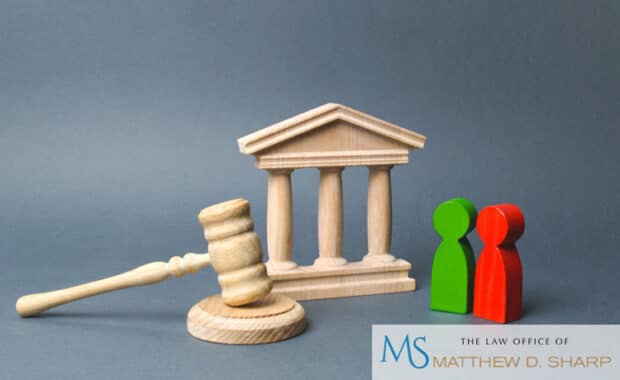http://articles.latimes.com/2011/sep/13/nation/la-na-texas-execution-20110914
This week, Governor Rick Perry refused to halt the execution of Duane Edward Buck. At issue was the testimony of a psychologist during Buck’s punishment hearing. In Texas, when a person is convicted of capital murder he is automatically sentenced to life in prison without the possibility of parole, unless the State has previously made a motion to have the jury consider the death penalty. Before sentencing someone to death, the jury must decide 1) whether the person is a future danger to society, and 2) whether there is any mitigating evidence that would warrant sparing the person’s life. If the jury answers the first question “yes” and the second question “no,” then the Court imposes the death penalty. The psychologist in Buck’s case testified that Buck was more likely to pose a future danger to society because he was African-American, and the prosecutor used that testimony in his final argument to the jury. While Perry declined to extend clemency to Buck, the Supreme Court of the United States ultimately halted the execution to consider arguments from his attorney’s as to why he should get a new punishment hearing.
Buck is not the first controversial execution that Perry has passed off on. In 2004 Texas executed Cameron Todd Willigham, a Corsicana man accused of murdering his children by setting his house on fire. At his trial, Corsicana arson investigators testified that the fire had to have been started with an accelerant (such as gasoline) because of the way the fire created pool shaped charring on the floor of the house, and because it had started in multiple places. After Willingham was executed, fire investigator Gerald Hurst, reviewed all of the evidence, along with the trial transcript, and concluded that there was absolutely no evidence to suggest that an arson had occurred. In 2009, in an unprecedented move, the Texas Forensic Science Commission opened an inquiry into the case. The Commission was scheduled to have a meeting to discuss it’s findings on October 2, 2009, but two days before the hearing Governor Perry replaced the Chairman of the Commission. The new Chairman canceled the meeting, and Perry was accused of tampering with the results of the investigation for politcal reasons. In 2010, the Commission finally concluded that the evidence presented at Willingham’s trial was “flawed,” but found no evidence of misconduct on the part of the original arson investigators.
If you or a loved one have been accused of a violent crime in Texas, you need skilled attorneys on your side. Call the Law Office of The Law Office of Matthew D. Sharp today for your free consultation.





